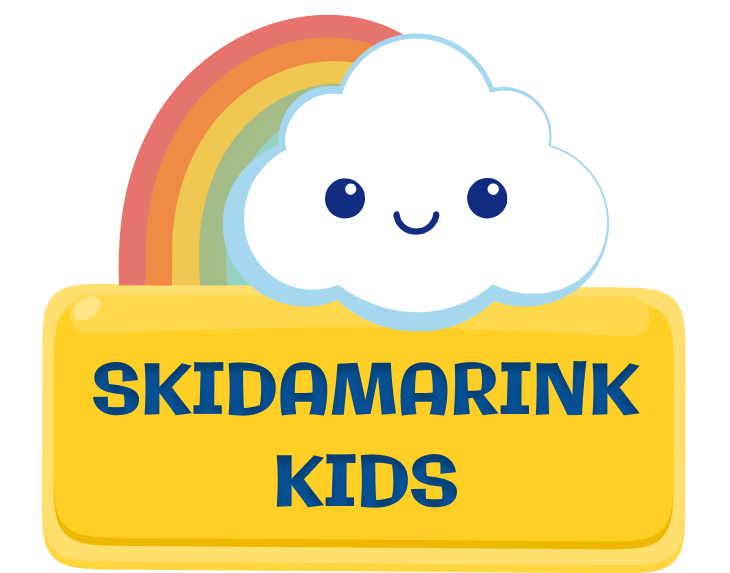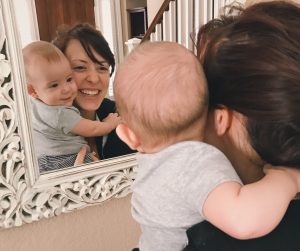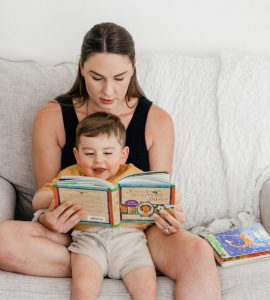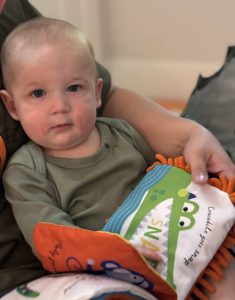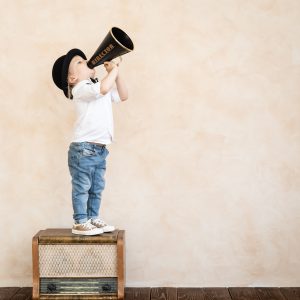First Conversations: Understanding Your Newborn’s Cues – A Parent’s Guide to Early Communication
Those first few weeks with your newborn are filled with wonder, and yes, plenty of questions! While your little one can’t tell you what they need in words just yet, they’re actually quite the skilled communicator from day one. Let’s explore how to understand and nurture these earliest conversations with your baby.
The Art of Baby Body Language
Your newborn is like a tiny actor on life’s stage, using their whole body to express themselves. When they’re alert and content, you might notice their eyes widen, their movements become smooth, and their hands relax. These are perfect moments for connection! On the flip side, when they’re overwhelmed, they might look away, arch their back, or have jerky movements – their way of saying “I need a little break!” These also may be a sign of hunger, tiredness, or a dirty diaper.
Making Eye Contact: Your First Dance Together
Have you noticed how your baby loves to gaze at your face? Those precious eye-contact moments are like magic mini-conversations. Try this delightful game: When your baby is calm and alert, position your face about 8-12 inches from theirs (that’s where they see best!) and gently talk or sing. Watch how they study your features and may even try to mimic your expressions. These moments aren’t just heart-melting – they’re building crucial social skills!
The Joy of Joint Attention
Around 2-3 months, your baby starts to discover the exciting world beyond your face. When they look at something interesting, follow their gaze and name what they see: “Oh, you’re looking at the ceiling fan! It goes round and round!” This shared experience, called joint attention, is like adding golden threads to your communication tapestry.
Turn-Taking: Baby’s First Conversation Game
Even tiny babies understand the dance of conversation! Try this fun activity: When your baby makes a sound, pause, smile, and respond with your own gentle sound. Then wait… you might be surprised when they “answer” back! This back-and-forth exchange teaches them about reciprocity – the foundation of all future conversations.
The Symphony of Early Sounds
Your baby’s vocal journey is a delightful progression from sweet coos to experimental squeals and eventually babbling. Around 2-3 months, listen for their first “goo” and “coo” sounds – these are their first attempts at vowels! By 4-6 months, they’ll start adding consonants, creating sounds like “ba” or “ma.” Celebrate these sounds by playfully imitating them back. You’re not just having fun – you’re encouraging their language development!
Daily Activities for Communication Growth
Your baby learns that routine activities are perfect times for connection:
- Make diaper changes chatty! Narrate what you’re doing: “Now we’re taking off your wet diaper. Here comes the clean one!”
- Turn feeding times into conversation practice. Whether bottle or breast feeding, make eye contact and respond to their facial expressions and sounds. These quiet moments are perfect for bonding and communication.
- Bath time is language time! Describe the water temperature, name body parts as you wash them, and sing special bath time songs. The bathroom’s acoustics often encourage babies to vocalize more!
Remember the Power of Patience
Sometimes your baby will be less interested in communication than others – and that’s perfectly normal! Just like adults, babies need breaks from social interaction. Watch for signs that they’re ready to engage (bright eyes, facing you, smooth movements) or need a pause (looking away, becoming fussy, tense movements).
The Most Important Thing
While all these activities are wonderful, the real key is simply being present and responsive to your baby’s attempts to communicate. You don’t need special toys or complicated techniques – your loving attention and responses are all your baby needs to develop strong communication skills.
Every baby develops at their own pace, but if you have concerns about your baby’s communication development, don’t hesitate to discuss them with your pediatrician. They’re there to support both you and your baby on this amazing journey of growth and connection.
Enjoy these precious early conversations with your little one. You’re not just their first teacher – you’re their favorite person to chat with, even before they can say a single word!
-Ali
